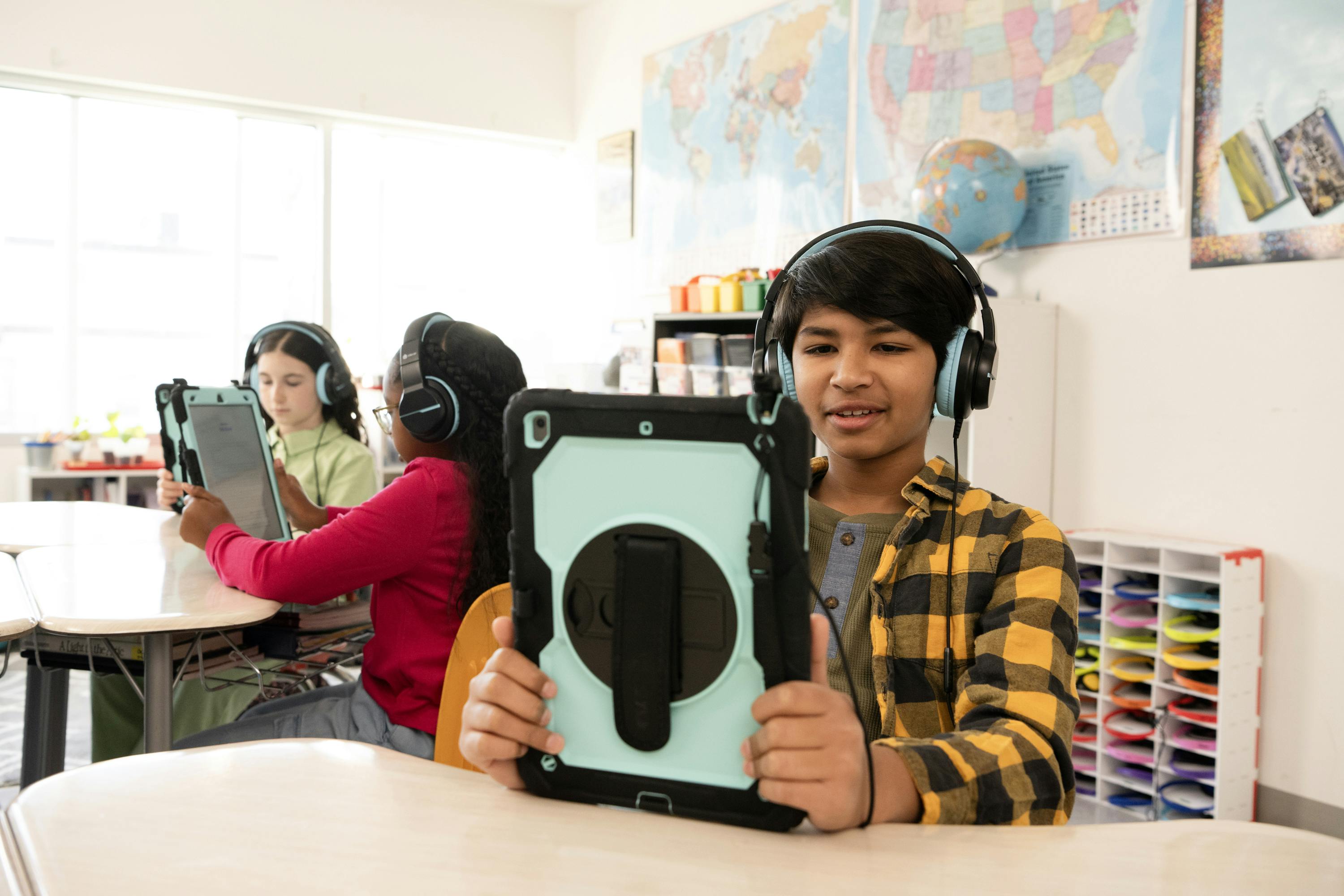October 15, 2024
Learning to Read vs Reading to Learn

Learning is a process, and foundational knowledge is critical for making that process smooth. When developed, a strong set of learning skills makes future learning both easier and richer. Reading is an example of a learning skill, and a great deal of energy in early childhood education is spent on developing a strong reading foundation. This is because students will gradually rely on their reading skills for future learning. This transition begins by the time students reach 3rd or 4th grade (Institute for Multi-Sensory Education).
Many educators use the term “learning to read versus reading to learn.” This means that (on average) by the end of 4th grade, students are spending less time developing foundational reading skills in school. Instead, they are putting those reading skills to work by deciphering written instructions, understanding word problems, and conducting basic research (like navigating age-appropriate websites and looking up word definitions). They will continue to rely on these reading skills forever.
If skills are built on a shaky foundation, future learning becomes more difficult. There is no single “correct” way of teaching reading that works equally well for all brains, which is why a variety of methods are used. Though reading is critical for future success in school, every student’s reading journey will be unique. This means patience is just as important as practice. Trusting the reading instruction process can be challenging, and knowing when to intervene can be stressful for parents and caregivers. A few strategies that may help develop strong foundational reading skills at home include:
- Labeling (2-4 years of age): Some studies suggest that labeling items in your child’s room and bathroom (Bed, Dresser, Rug, Mirror) can help develop reading-friendly neuropathways. This means children may be able to connect the shapes of some words to their meanings when they begin learning to read (Reading Strategies and Practices).
- Modeling reading (all ages): There is a great deal of research on the value of loved ones modeling reading for students with physical books and tablets. An understanding that reading is something everyone does can boost a child’s motivation to read (United through Reading).
- Create positive associations with reading (all ages): Creating happy memories by reading together or to your child is shown to boost reading enthusiasm and motivation. Attitude is everything! When children have positive associations with reading it will help them learn.
- Talk about reading (all ages): Sharing interesting ideas you read and asking your child about their reading can help develop comprehension and enthusiasm. Remember, a brief, low-stakes conversation is less stressful for learners than an interview.
- Encourage choice (all ages): Students will be assigned grade-level reading their entire academic career. Allowing freedom of choice in recreational reading will help them feel responsible and in control of their learning, even if what they choose is too easy or advanced for them.
Ultimately, partnering with your child’s educational team is one of the best ways to support a strong reading foundation. If a teacher reports slower reading skill development in your child, it may be time to seek additional support. Reading education experts, such as literacy specialists, can be wonderful resources. Additionally, Rally Reader offers reading support in a fun, low-pressure, and engaging learning environment that supports the whole-child’s reading journey.